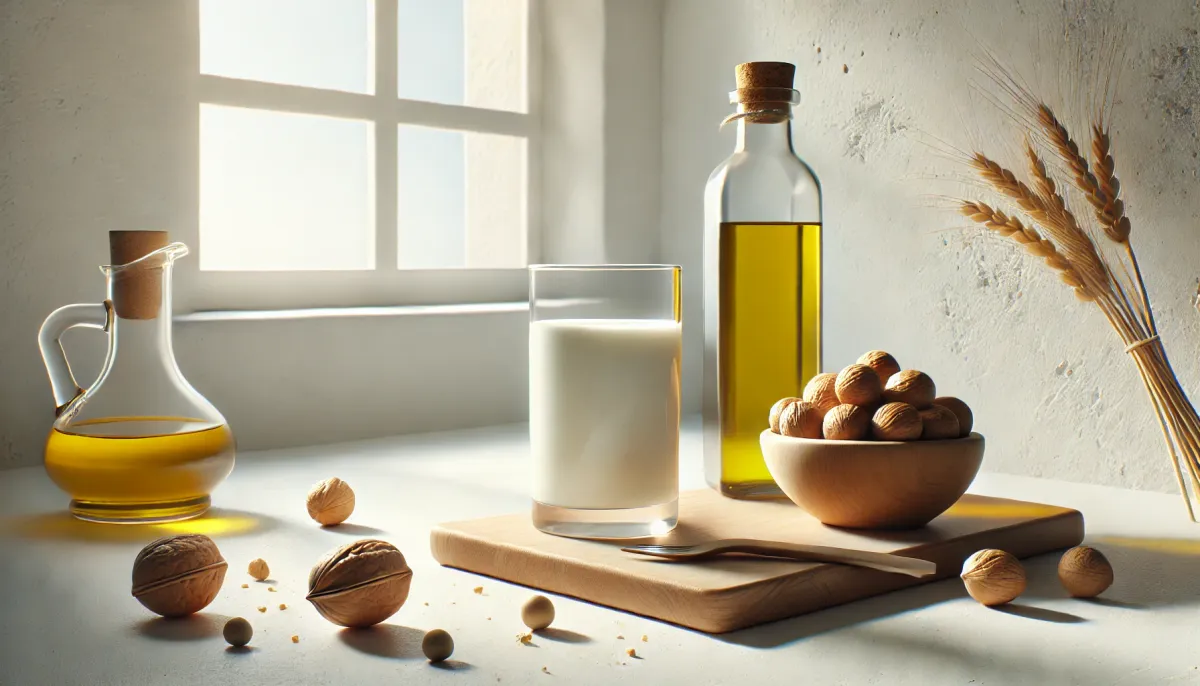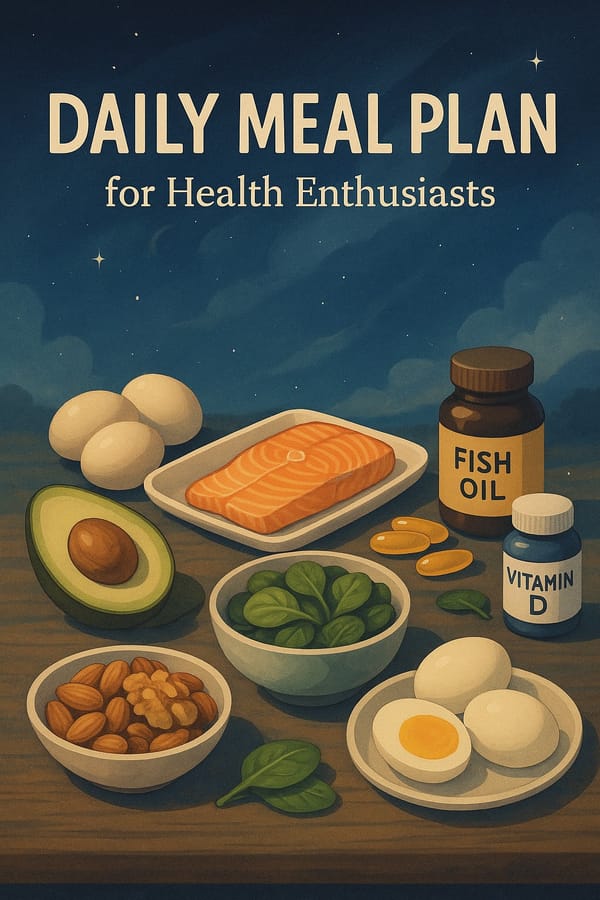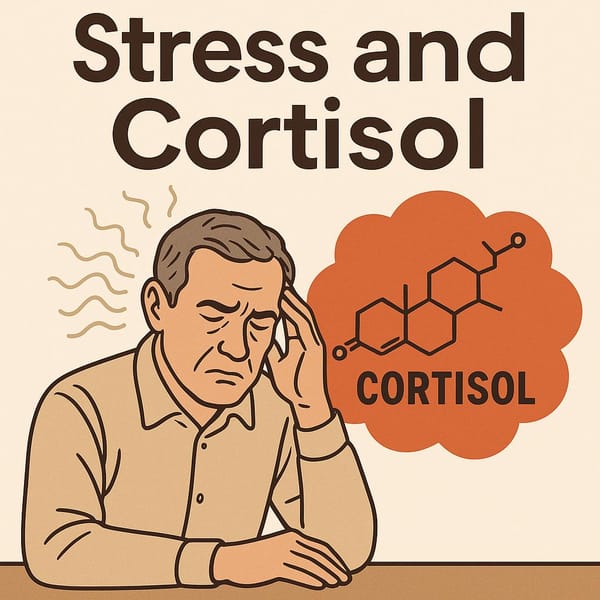What Types of Fats Support Your Health? A Deep Dive into MCT, SST, and LST

Choosing the right type of fat for your health doesn’t mean avoiding all fats, but selecting those that align with your health goals. Today, we’ll explore MCT, SST, and LST fats—how they differ, their benefits, and how to incorporate them into your diet for optimal health.
MCT (Medium-Chain Triglycerides): Quick Energy from Medium-Chain Fats
What is MCT? MCTs are fats with medium-length molecular chains, commonly found in coconut oil, palm oil, and some dietary supplements.
Benefits of MCT
- Provides Quick Energy: MCTs are easily digested and converted into energy as ketones, making them ideal for those on a ketogenic diet or needing a quick energy boost.
- Supports Weight Loss: Studies show that MCTs can boost metabolism and suppress appetite.
- Enhances Brain Health: Ketones produced from MCTs serve as an alternative energy source for the brain.
Precautions
- Start with small amounts, as excessive intake can cause digestive issues. It is recommended not to consume more than 30-50 milliliters per day to avoid gastrointestinal discomfort and energy imbalances.
SST (Short-Chain Triglycerides): Gut-Friendly Short-Chain Fats
What is SST? SSTs are short-chain fats produced by gut microbes through the fermentation of dietary fiber. Common types include acetate, propionate, and butyrate.
Benefits of SST
- Balances Gut Health: SSTs feed beneficial gut bacteria, reducing inflammation and improving nutrient absorption.
- Lowers Risk of Heart Disease and Diabetes: SSTs can reduce cholesterol levels and improve blood sugar regulation.
- Boosts Immunity: They enhance immune system function by promoting a healthy gut microbiome.
Precautions
- Increasing fiber intake to produce SSTs may cause bloating. Gradually increase fiber consumption to allow your body to adjust.
LST (Long-Chain Triglycerides): Handle Long-Chain Fats with Care
What is LST? LSTs are long-chain fats found in certain vegetable oils, meats, and dairy products.
Pros of LST
- They are a primary energy source for daily activities.
- Essential for hormone production and absorption of fat-soluble vitamins (A, D, E, K).
Cons of LST
- Overconsumption, particularly of saturated fats in LST, increases the risk of heart disease.
- Trans fats, a type of processed LST, can significantly raise blood cholesterol levels.
Tips for Consuming LST Wisely
- Focus on unsaturated fats like olive oil, avocado oil, and omega-3-rich fish.
- Avoid trans fats in processed foods and baked goods.
Fats and LDL: What You Should Know
Which Fats Increase LDL? Saturated fats and trans fats can elevate LDL (Low-Density Lipoprotein), also known as “bad” cholesterol, raising the risk of heart disease. Foods high in these fats include fatty meats, full-fat dairy products, and processed items like baked goods and fried foods.
Can Fruits and Vegetables Lower LDL? Yes! High-fiber fruits and vegetables, especially those rich in soluble fiber like oats, apples, and berries, can lower LDL levels. Additionally, antioxidants in fruits and vegetables reduce inflammation and prevent cholesterol buildup in arteries.
Does Peanut Butter Help Lower LDL? Natural peanut butter without added sugar or trans fats contains unsaturated fats that can increase “good” cholesterol (HDL) and lower LDL levels. However, moderation is key due to its high calorie content.
Elevated LDL in Keto Dieters: Causes and Precautions
For individuals on a ketogenic diet, elevated LDL levels may occur due to the following:
- High Saturated Fat Intake: Keto diets often include high-fat foods like fatty meats and full-fat dairy, which can raise LDL levels.
- Individual Response Variations: Genetics and metabolism vary, making some people more susceptible to LDL increases from high-fat diets.
How to Address and Prevent High LDL on Keto
- Choose Healthy Fats: Replace saturated fats with unsaturated fats from sources like olive oil, avocado oil, and nuts.
- Increase Fiber-Rich Vegetables: Despite carb restrictions, low-carb, high-fiber vegetables like broccoli, asparagus, and leafy greens can help lower LDL.
- Monitor Health Regularly: If LDL levels remain high, consult a healthcare provider to adjust your diet or consider medical interventions.
Comparison of MCT, SST, and LST
| Type of Fat | Sources | Key Benefits | Precautions |
|---|---|---|---|
| MCT | Coconut oil, palm oil | Quick energy, weight loss | Can cause digestive issues if overconsumed |
| SST | Fiber in fruits, veggies | Gut health, reduces inflammation | May cause bloating with excess fiber |
| LST | Vegetable oils, meat, dairy | Energy source, vitamin absorption | Risk of heart disease if overconsumed |
Conclusion: Choose the Right Fats for Your Health
- MCT: Great for quick energy and weight management.
- SST: Ideal for gut health and boosting immunity.
- LST: Should be consumed in moderation, emphasizing healthy sources.
- Tips for Lowering LDL: Opt for natural peanut butter, olive oil, and high-fiber fruits and vegetables.
- Keto Dieters: Limit saturated fats and include more unsaturated fats and fiber-rich vegetables.
No matter which type of fat you choose, balance and variety remain the keys to long-term health!



